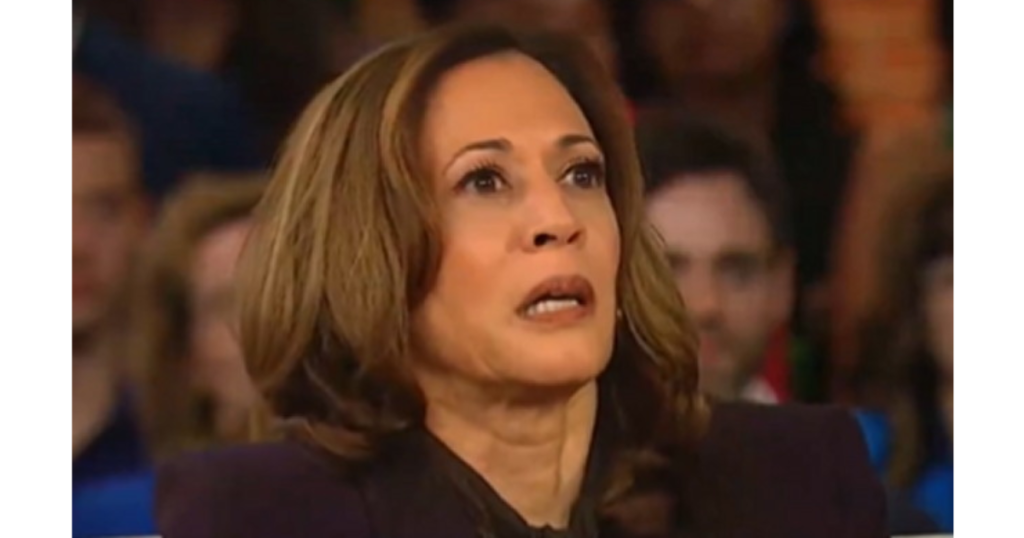Recent developments surrounding Vice President Kamala Harris’s campaign for the 2024 presidential election indicate growing concerns and a sense of panic within her team. With the electoral clock ticking down, a source close to Harris revealed to CNN that they are experiencing “flashbacks to 2016,” a reference to the uncertainty that enveloped the Democratic Party during that election cycle. After a noticeable absence from the media for 45 days, presumably following a strategy focused on delegate acquisition during the primaries, Harris has embarked on a media blitz designed to boost her visibility and voter appeal. However, the outcomes have been less than favorable, suggesting that her internal polling may be alarmingly low and triggering an urgent need for a change in strategy.
Harris’s attempt to generate buzz through an appearance on the popular “Call Her Daddy” podcast fell flat, attracting only 470,000 views, a stark contrast to the 14 million views that former President Donald Trump garnered from his own podcast appearance. The low engagement with this interview reflects a deeper struggle for Harris to connect with a broader audience. Similarly, her interview with CBS’s “60 Minutes” was described as disastrous; Harris struggled to articulate her stance on pressing issues, such as immigration, leaving viewers and critics questioning her effectiveness and preparedness as a candidate. Her inability to answer straightforward inquiries may contribute to a diminishing sense of confidence among her supporters and could be detrimental to her campaign.
Moreover, Harris faced tough questions during her appearance on ABC’s “The View,” where she was asked to evaluate President Biden’s administration, leading to an uncomfortable moment when she failed to provide a simple yes or no answer regarding the efficacy of Biden’s actions over the last four years. This hesitance further underlines the challenges she faces in portraying herself as a strong candidate capable of driving change. Instead of solidifying her standing and messaging, her responses have been met with skepticism and seem to reinforce the narrative that her candidacy lacks clarity and conviction.
The fallout from Harris’s media appearances is compounded by concerning trends in battle-ground states crucial to the Democratic electoral strategy. Polling data indicates that she is trailing behind Trump in pivotal regions such as Michigan and Wisconsin. Despite her attempts at outreach through a series of rallies and media engagements, tangible shifts in voter sentiment have yet to materialize. Reports indicate that voters remain largely unmoved by her message, a situation described by CNN as concerning, as there appears to be little evidence that Harris is effectively persuading constituents to rally behind her candidacy over Trump’s.
Insider sentiments about the campaign suggest an atmosphere of unease as key stakeholders recognize the historical precedent of electoral downturns. Comparisons to the 2016 election underscore a collective anxiety among campaign staff and supporters, reflecting fears that a repeat scenario could emerge if Harris fails to reconnect with voters. The tightness of the polls correlates with a broader unease about the campaign’s trajectory and the potential pitfalls that lie ahead. These concerns amplify the urgency for her team, which is grappling with the mounting pressure of an unwavering Republican opposition and an electorate that is increasingly dissatisfied.
As the campaign progresses, it is evident that Kamala Harris must recalibrate her approach to resonate with voters more effectively. The backlash against her media strategy highlights the importance of crafting a compelling narrative and connecting authentically with the American public. Without substantial movement in polling figures and an evident decline in support from key demographics, the future of her campaign may hinge on her ability to evolve her messaging and address the issues that matter most to voters. The path ahead is filled with challenges, and only time will reveal whether Harris can turn her campaign around before the 2024 election.

